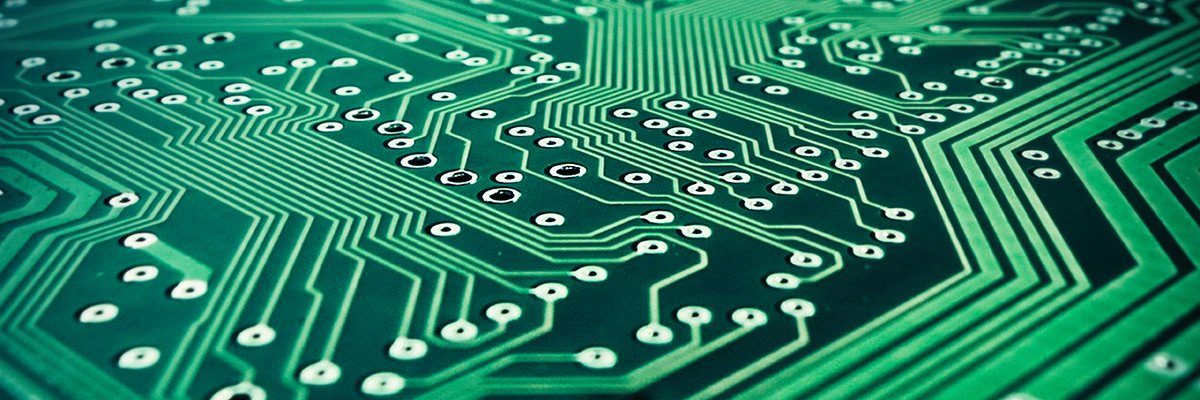
With Arm, the UK’s biggest chip firm, listing on Nasdaq rather than a dual listing with the LSE (London Stock Exchange), Parliament’s Foreign Affairs Committee has started an inquiry looking at the state of the UK’s semiconductor industry.
The committee overseeing the inquiry said it will gather evidence submitted up until 14 June 2022. Among the areas it will cover is the current and future anticipated demand for common products built with semiconductor materials both in the UK and globally, and whether the UK’s end-to-end semiconductor supply chain is secure.
The committee said the inquiry will also cover the potential weaknesses and strengths of the UK semiconductor industry to meet future requirements of electronic device manufacturing, how to support and develop skills in the sector, and potential national security concerns or vulnerabilities.
Committee chair Darren Jones said: “Semiconductors are growing in technological and geopolitical importance. With scarce global supply, it is essential that we conduct a stock-take of the UK’s capacity and what the government can do to raise it.”
The new inquiry follows the publication in March of a Foreign Affairs Committee report looking at the acquisition by Nexperia of Newport Wafer Fab.
Although the National Security and Investment Act has been in place for more than three months, Tom Tugendhat, who chaired the committee looking into the takeover of Newport Wafer Fab, said: “Semiconductors are essential to every aspect of modern life and Newport Wafer Fab is one of the country’s leading manufacturers. Their takeover by Nexperia left many wondering why we are, seemingly, handing over critical security infrastructure to overseas companies with well-documented links to the Chinese state.”
The Newport semiconductor production site was first established in 1982. Originally, it was the fab plant for Inmos’s transputer chip. When Computer Weekly spoke to David May, chief designer of the transputer, in 2016, he described Inmos as a full-scale semiconductor-manufacturing organisation.
“It was part of industrial policy of the then Labour government – through the National Enterprise Board – to revitalise industry,” he said, referring to the £50m grant Inmos was given to start up a UK semiconductor industry.
Although it failed commercially, parts of the transputer’s legacy exist today. For instance, Xmos, a fabless semiconductor business founded by May, develops artificial intelligence (AI) acceleration chips for intelligent internet of things (IoT).
Nexperia said the acquisition of Newport Wafer Fab “significantly enhances” its automotive-qualified product supply capability.
But Tugendhat warned of the potential risks to UK security, saying: ““The long-term security of our nation relies not just on our armed forces, but on the resilience of our economy and that means ensuring our future stability is never sacrificed for the sake of short-term advancement.”
As part of the new inquiry, UK policymakers will look at how the European Union (EU) has responded to China’s influence on the global semiconductor market, and the industry investments this has led to. The European Commission (EC) has proposed a European Chips Act to encourage the development of what it regards as a “thriving semiconductor sector” from research to production and a resilient supply chain. The EC aims to mobilise more than €43bn of public and private investments and set measures to prevent, prepare, anticipate and swiftly respond to any future supply chain disruption.
To tie in with the European initiative, in March, Intel unveiled an initial €17bn investment in a semiconductor fab “mega-site” in Germany, the creation of a new R&D and design hub in France, and a commitment to invest in R&D, manufacturing and foundry services in Ireland, Italy, Poland and Spain.

